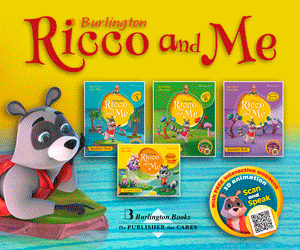12 November 2012 14.00 - 15.00 Introducing the Teaching Knowledge Test (TKT) Marie Therese Swabey & Monica Poulter
14 November 2012 10.00 - 11.00 Introducing the Teaching Knowledge Test (TKT) Marie Therese Swabey & Monica Poulter
10 December 2012 14.00 - 15.00 Speaking Assessment Jill Buggey
12 December 2012 10.00 - 11.00 Speaking Assessment Jill Buggey

From the time they write their first “researched” paper in 3rd or 4th grade, American students struggle with originality in writing: How much of a paper should be one’s own? When is it permissible or desirable to use others’ material? How should that material be credited? L2 writers face the same struggle, but often with the added burden of cross-cultural differences. This webinar will explain the rationale for incorporating and crediting others’ work into one's own writing, and then demonstrate specific techniques for teaching quoting and paraphrasing—one of the hardest things writing instructors ever ask their students to do. 
Kate Pickering
7th November 2012
Beginners in English, Experts in Life 
All too often low level coursebooks (and teachers) start off from the premise that there is a strong correlation between students’ linguistic limitations and their general intelligence. The session – by one of the authors of Global Beginner and Elementary - will look at different ways to support low level students’ learning while recognising and incorporating their real-world expertise.

Philip Kerr
5th December 2012
The Return of Translation

For too many years, the use of L1 in language teaching has been proscribed or ignored by methodology experts, whilst many teachers have continued, sometimes guiltily, to use the language of their students when they felt it appropriate. Now, however, the wheel is beginning to turn and there is an academic and research consensus that supports the use of L1 and translation in the language classroom. This does not entail a return to the dry and dusty days of grammar translation at its worst. The webinar will begin with a brief overview of the arguments for the use of L1 and translation in language teaching. I will then look at a wide range of practical techniques and activities which involve elements oftranslation and which can be accommodated within contemporary approaches to language teaching, and can be incorporated into the repertoires of language teachers of all ages and levels.





